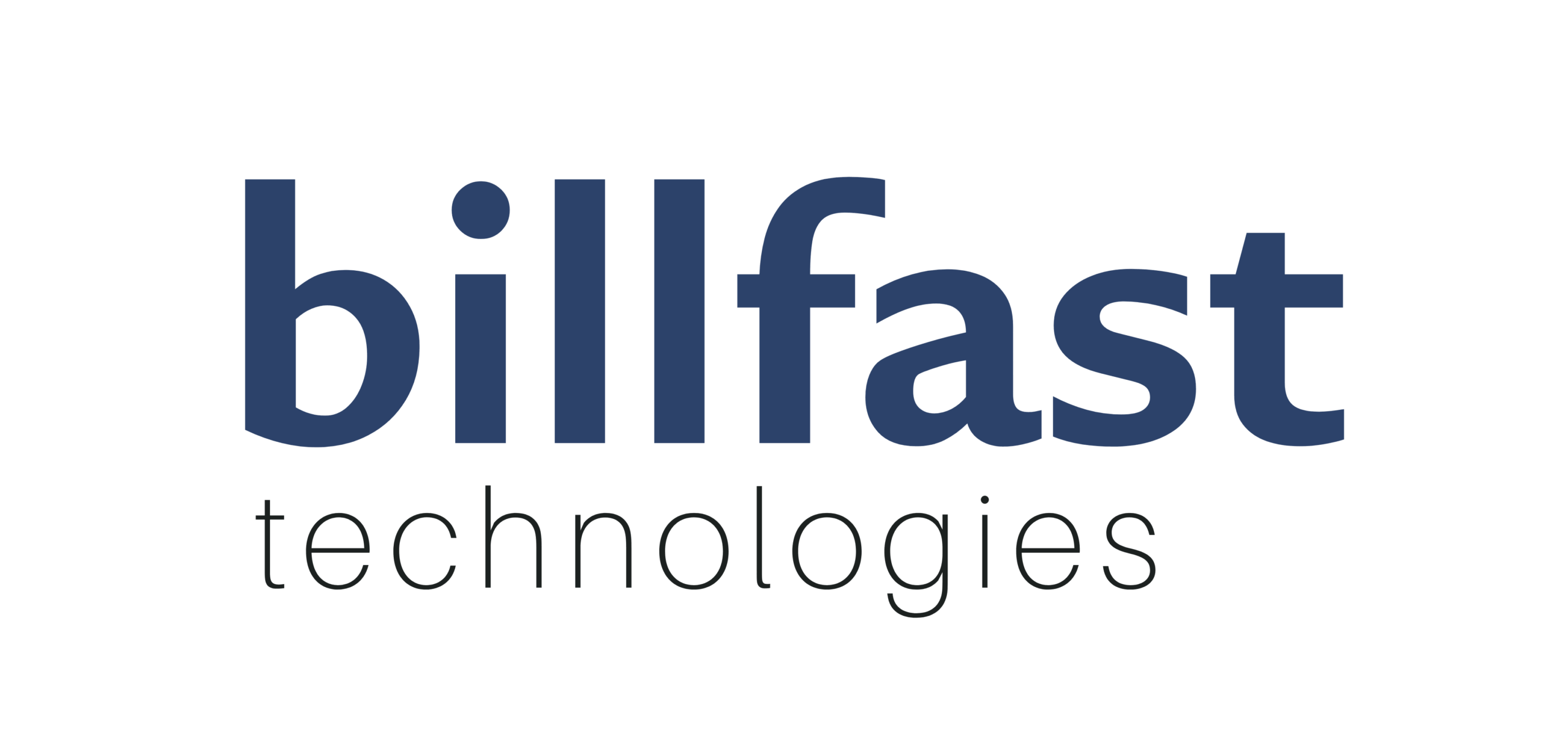Choosing between medical billing services and in-house billing can significantly impact your healthcare practice’s efficiency, costs, and revenue. With rising administrative burdens and complex regulations, deciding the most cost-effective billing solution is crucial.
This article breaks down the pros and cons of both approaches to help you decide which saves more for your practice.

1. Initial Setup and Staffing Costs
- In-House Billing: Requires hiring trained staff, providing salaries, benefits, and ongoing training. Also includes costs for billing software, hardware, and office space.
- Medical Billing Services: No need to hire or train staff. The service provider manages everything, often for a percentage of collections or flat fee.
✅ Savings: Medical billing services usually offer lower upfront costs.
2. Billing Accuracy and Claim Denials
- In-House Billing: Staff may lack experience with complex claim codes or frequent regulation changes, leading to errors and denials.
- Medical Billing Services: Professionals specialize in coding, compliance, and reimbursement. They have dedicated teams to handle appeals and reduce denial rates.
✅ Advantage: Outsourced billing often results in faster, more accurate claims and fewer rejections.
3. Software and Technology
- In-House Billing: You’re responsible for purchasing, updating, and maintaining billing software.
- Medical Billing Service: Providers use advanced billing systems included in their service—no extra cost to you.
✅ Savings: No need to invest in expensive billing tech or updates.
4. Time and Focus
- In-House Billing: Time-consuming tasks like claims follow-ups, appeals, and data entry take staff away from patient care.
- Medical Billing Service: Frees up your team to focus on patient satisfaction and core operations.
✅ Efficiency: Outsourcing saves time and improves overall workflow.
5. Compliance and Risk Management
- In-House Billing: Higher risk of non-compliance due to changing HIPAA laws and payer requirements.
- Medical Billing Services: Stay up to date with healthcare regulations and reduce your legal risk.
✅ Security: Outsourced services reduce compliance-related liabilities.
6. Scalability
- In-House Billing: Scaling operations means hiring more staff, training, and managing resources.
- Medical Billing Services: Easily scale with your practice growth without added stress.
✅ Flexible growth: Medical billing services grow with your needs.
7. Cost Comparison Overview
| Factor | In-House Billing | Medical Billing Services |
|---|---|---|
| Upfront Cost | High | Low |
| Staffing Requirements | Requires full team | Handled by service provider |
| Error/Denial Rates | Moderate to High | Low |
| Technology & Upgrades | Practice pays | Included in service |
| Compliance Risk | Higher | Lower |
Conclusion: Which Saves More?
For most small to mid-sized practices, we provide greater cost savings, fewer errors, and higher efficiency than maintaining an in-house billing team. Outsourcing helps reduce overhead while increasing collections and allowing staff to focus on patient care.
Want to improve your practice’s cash flow and reduce billing stress?
👉 Let’s connect on LinkedIn to explore the benefits of outsourcing your medical billing today.


